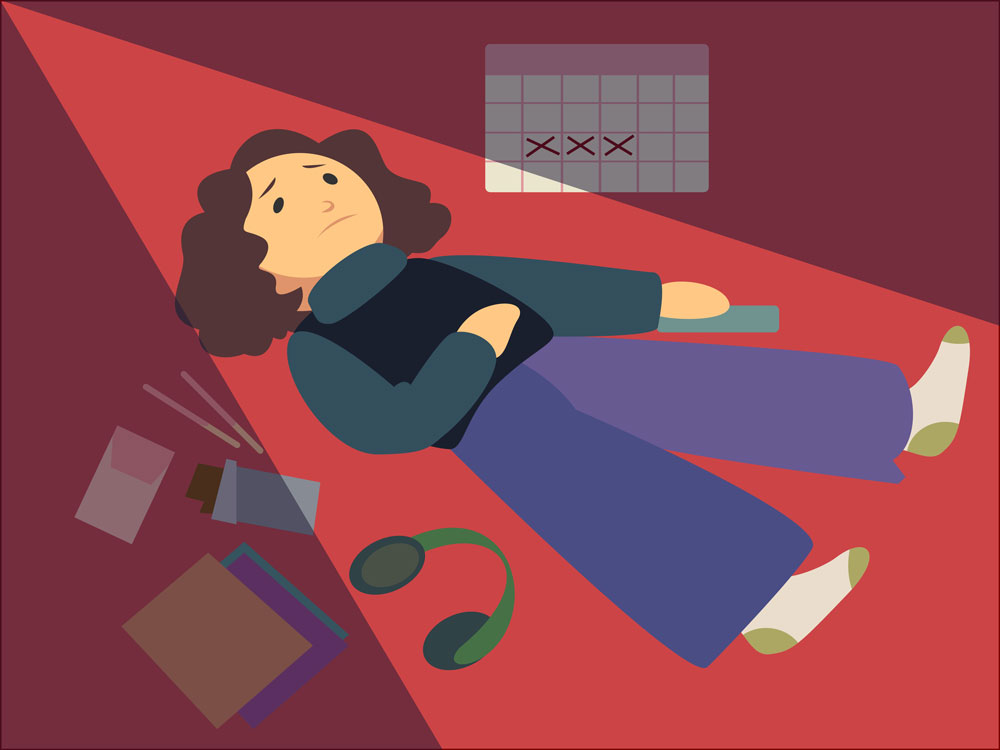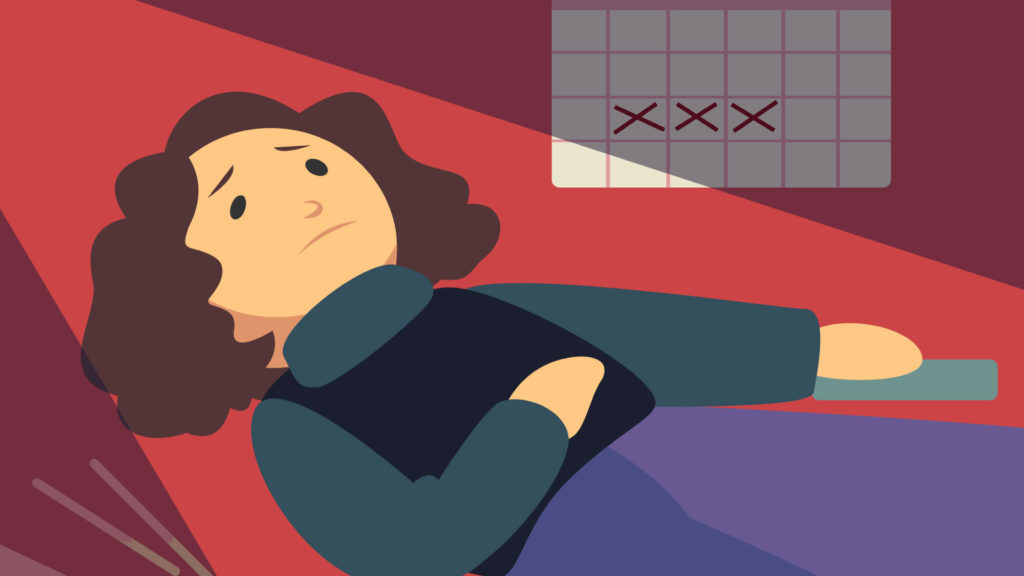Premenstrual Syndrome Is A Real Pain
Women’s menstrual cycles have been associated with physiological and physical pains for many years.
As a woman who has experienced them for years, I think it is more complex than that.
Hormonal changes not only prepare our body for a possible pregnancy but also tremendously affect our mood and energy. In some extreme cases, it can cause depression and suicidal thoughts.
When I was a teenager, I experienced more physical symptoms such as lower abdomen and back pain. Some of my high school friends dealt with acne and eating disorders.

My physical symptoms were normal until I was around 24 when I noticed some severe mood changes that affected my relationships with my partner, friends and family.
Many people started to call me a moody person and I felt guilty and thought I had a serious psychological problem. At the time I didn’t associate it with my menstrual cycle.
This type of behavior is what society usually calls “hormonal” or “hysterical” but scientifically this is called premenstrual syndrome.
According to the Office on Women’s Health of the U.S. Department of Health and Human Services, about 90 percent of women experience PMS symptoms.
In my “happy time of the month,” I usually feel inspired, optimistic and have lots of energy but then my emotions become unstable the week prior to my period starting.
Simple decisions like what to buy at a grocery store or what to wear for work become a big deal. I feel anxious about my future and tend to cry easier. During that time, I have no energy and become easily annoyed with people.
However, PMS can turn into a much more severe form of premenstrual syndrome called Premenstrual dysphoric disorder.
A year ago, my cousin’s friend shared with me how a few years after having her baby, she began to feel different every time she had her period.
She had all the common symptoms but also panic attacks, depression and suicidal thoughts.
After she was diagnosed with premenstrual dysphoric disorder, her doctor told her that the long-term solution would be to surgically remove her ovaries (an oophorectomy).
It’s important for women to pay attention to the intensity of symptoms they get during each menstrual cycle and consult with their doctor if it becomes severe.
Live a healthy lifestyle to reduce symptoms. Specialists say that a poor diet, high alcohol consumption and sleep deprivation can disrupt the body’s hormonal levels.
But also understand that monthly mood changes are not necessarily you. That irritable woman with low self-esteem is not the real you. It’s all temporary.
Let your partner, family and friends know what you are going through so they can be patient and tolerant. Don’t sabotage your relationships.



